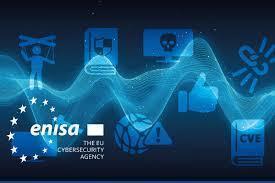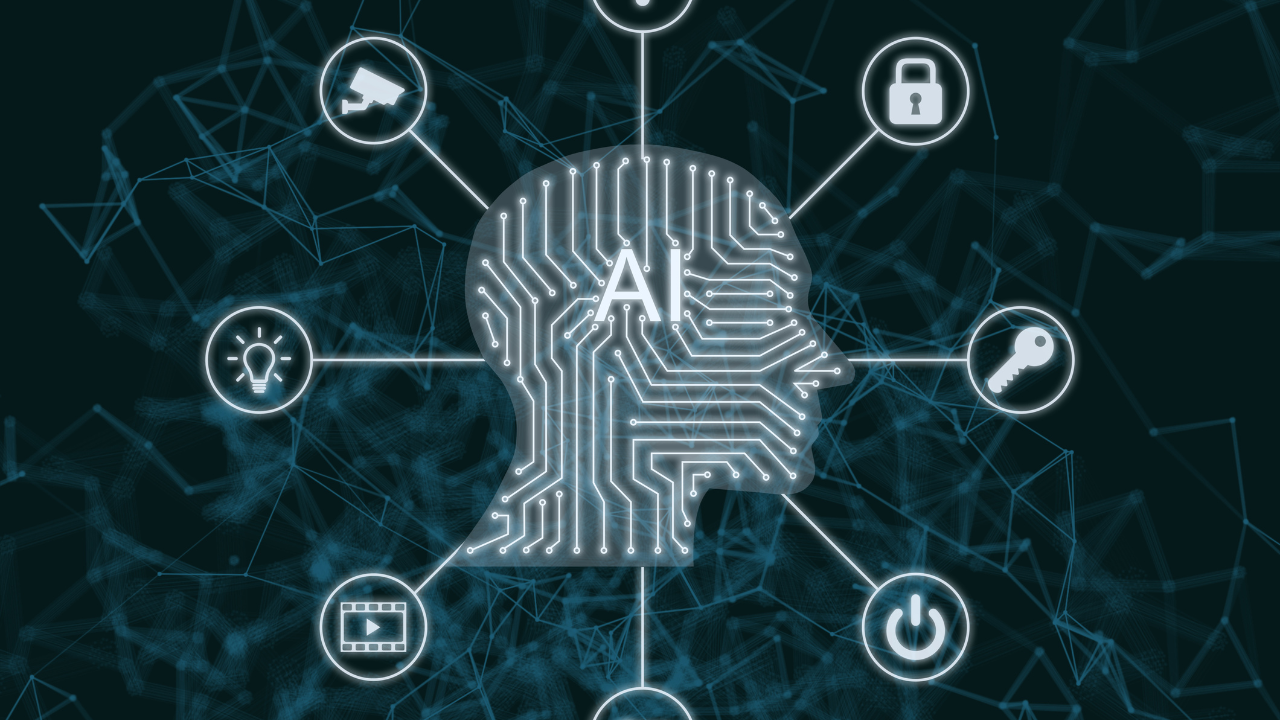



Hacktivism and Cyber Warfare in Geopolitical Conflicts is a complex and increasingly critical topic in the realms of international security, diplomacy, and civil resistance. Here's a breakdown of the concepts and how they intersect in modern geopolitical conflicts:
A portmanteau of "hacking" and "activism."
Involves unauthorized digital intrusions or disruptions carried out with political, ideological, or social motives.
Actors include individuals, collectives (e.g., Anonymous), and even state-supported groups acting independently.
A broader term encompassing the use of digital attacks by a nation-state to damage or disrupt the activities of another state or organization.
Often involves military-grade operations, such as targeting infrastructure, communications, or critical national systems.
| Aspect | Hacktivism | Cyber Warfare |
|---|---|---|
| Actors | Individuals or non-state groups | Nation-states or state-sponsored groups |
| Motives | Ideological, social justice, protest | Political, military, strategic |
| Tactics | DDoS, website defacement, leaks | Espionage, infrastructure sabotage |
| Legal status | Illegal, often prosecuted | Complex—may be covert or unofficial |
Cyber Warfare: Russia conducted attacks on Ukraine’s power grid, banking systems, and government networks.
Hacktivism: Groups like Anonymous declared a "cyber war" against Russia, leaking sensitive data, defacing websites, and disrupting state media.
Both sides have been targets of hacktivist campaigns (e.g., pro-Palestinian groups attacking Israeli websites, or pro-Israel groups hitting Hamas-linked infrastructure).
Alleged state-sponsored Chinese hackers (like APT groups) have targeted U.S. and European infrastructure and private companies.
Hacktivist groups occasionally step in during periods of heightened political tension (e.g., over Taiwan or the South China Sea).
DDoS Attacks – Overloading a server to take a website or system offline.
Phishing and Social Engineering – Trick users into revealing credentials.
Zero-day Exploits – Leveraging unknown software vulnerabilities.
Data Breaches – Stealing and leaking sensitive information.
Propaganda and Psychological Ops (PsyOps) – Spreading misinformation via social media and fake news sites.
Blurring of Lines: In cyber conflicts, it's often unclear who's behind an attack—this creates plausible deniability for states.
Asymmetric Power: Smaller states or non-state actors can inflict damage on powerful countries, leveling the geopolitical playing field.
Legal and Ethical Dilemmas: Current international laws struggle to classify and regulate cyber operations effectively.
AI in Cyber Operations – Automation and sophistication of attacks are rising.
Cyber Alliances – Countries forming cyber defense coalitions (e.g., NATO's Cyber Defense Pledge).
Civic Militarization – Civilians are increasingly involved (as volunteers or unwitting tools) in cyber conflicts.
#trending #latest

Explore the Duolingo English Test for Indian Students Abroad... Read More.

Simple Steps to Get Your Canada Student Visa in 2025... Read More.
 Fake posts hit Czech PM Fiala's X
Fake posts hit Czech PM Fiala's X
Fake posts disrupt Czech PM Fiala's X account security
 Switzerland Tightens Export Rules
Switzerland Tightens Export Rules
Switzerland expands export controls on dual-use goods
 Google unveils Ironwood AI chip
Google unveils Ironwood AI chip
Google introduces Ironwood chip to accelerate AI tasks & apps
 TSMC Q1 revenue up 42%
TSMC Q1 revenue up 42%
TSMC sees 42% revenue surge in Q1, surpassing forecasts
 Google unveils Ironwood AI chip
Google unveils Ironwood AI chip
Google's Ironwood chip boosts AI processing and app speed
 Amazon CEO Outlines AI Vision
Amazon CEO Outlines AI Vision
Amazon CEO reveals AI investment plans in new letter
 Osaka Hosts World Expo 2025
Osaka Hosts World Expo 2025
Japan blends tech and culture at Osaka Expo 2025 launch
© MyEduGoal. All Rights Reserved. Design by markaziasolutions.com